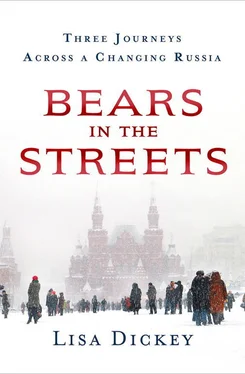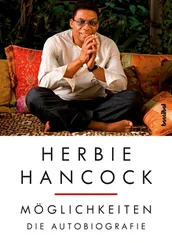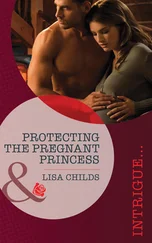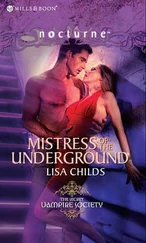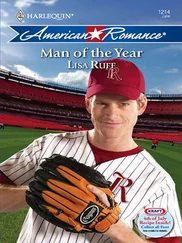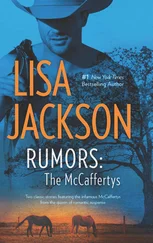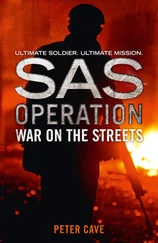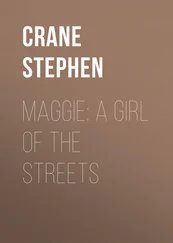St. Martin’s Press Newsletter Sign-up
Thank you for buying this St. Martin’s Press ebook.
To receive special offers, bonus content, and info on new releases and other great reads, sign up for our newsletters.

Or visit us online at
us.macmillan.com/newslettersignup
For email updates on the author, click here.
The author and publisher have provided this e-book to you for your personal use only. You may not make this e-book publicly available in any way. Copyright infringement is against the law. If you believe the copy of this e-book you are reading infringes on the author’s copyright, please notify the publisher at: us.macmillanusa.com/piracy.
BEARS IN THE STREETS. Copyright © 2017 by Lisa Dickey. All rights reserved. For information, address St. Martin’s Press, 175 Fifth Avenue, New York, N.Y. 10010.
www.stmartins.com
Map of Russia by Amy Turner
Cover photographs: front © Alexei Fateev/Alamy Stock; back © Lisa Dickey
Cataloging-in-Publication Data is available at the Library of Congress.
Hardcover ISBN 9781250092298
e-ISBN 9781250092304
Our e-books may be purchased in bulk for promotional, educational, or business use. Please contact the Macmillan Corporate and Premium Sales Department at 1-800-221-7945, extension 5442, or by e-mail at MacmillanSpecialMarkets@macmillan.com.
First Edition: January 2017
The original website, including its quaint advisory that “this site is best viewed using Netscape 1.1N or later,” is still online: http://www.f8.com/FP/Russia/. Please note that some of the links referenced in this work are no longer active.
This same friend later informed me that, according to a U.S. foreign service officer he knew, I should expect to be followed by Russian security agents during my trip. This seemed unlikely, but what did I know? I hadn’t been to Russia in ten years.
I’m fortunate to have a name that’s easily Russianized, from Lisa to Liza (pronounced “Leeza”). My name is also mildly amusing to Russians, since the word lisa means “fox,” and dikii means “wild.” Hello, I am the wild fox. Nice to meet you.
Out of reach of Vladivostok’s water supply system, Valentina and Vasily collected rainwater in a giant barrel for laundry and bathing. For drinking, they drew water from a large nearby cistern that was filled each week by the city.
This was a classic Russian shkaf , a large bookshelf/cabinet ubiquitous in Soviet homes. The shkaf was typically stocked with teapots and cups, tchotchkes, framed family photos, and pristine rows of the collected works of writers such as Gogol, Chekhov, and that perennial Russian favorite, Jack London.
A headline the next day read, “Pamela Anderson Presented with White Tiger,” which I initially took to mean she was going all Michael Jackson and starting an exotic petting zoo with the help of exuberant Russians. However, the white tiger turned out to be a small statuette, which she obligingly kissed for photographers.
Though I used my T-Mobile iPhone to communicate with people back home, it would have been very expensive for Russians to call me on it. So I bought a pay-as-you-go plan from the Russian carrier MTS. The rate was three rubles (one-half cent) for a one-minute call or a text message. Worth every kopek.
I should note that in general, coming out as a gay woman is far easier than doing so as a man. In Russia—and pretty much everywhere, really, except perhaps ancient Greece—the idea of two women together creates far less panic than that of two men together.
At one point, the Russian DHL rep chastised me, saying, “You should simply have had the package sent to your name, in the city of Vladivostok. No street address.” As if.
Later that night, still racked with guilt, I called an L.A. computer-guru friend to ask if I was a complete idiot. She said that even though my old laptop booted up, it was unstable and probably would have conked out again on the trip. I still felt dumb.
Valdgeym , as it’s called in Russian, was the site of the Jewish Autonomous Region’s first collective farm ( kolkhoz ), founded in 1928.
I’d caught ringworm from petting a rescued street cat. To my surprise and dismay, Skin Clinic No. 1 not only sterilized their tools with Bunsen burners, they also had a resident cat that wandered around the waiting room rubbing up against the patients.
The director’s use of the word “nationality” might sound odd to Western ears, but in this context it’s understood to mean “ethnicity.” In Soviet times, and even for several years after the collapse of the USSR, passports here identified citizens by the “nationality”: Russian, Georgian, Armenian, Jewish, etc. The practice was discontinued in 1997, but a 2013 poll revealed that 54 percent of Russians would like to see it reinstated.
In 1995, what went wrong was that Gary and I had to flee the local police, who came poking around our apartment after neighbors tipped them off that Americans were staying there. (We hadn’t registered our visas locally, which was either an ironclad requirement or not a requirement at all, depending on whom you asked.) We went on the lam, racing to the only safe place we could think of: the home of an American missionary couple we’d happened to meet at a restaurant two days earlier. They graciously allowed us to stay the night, taking care to put us in separate rooms because we weren’t married.
Founded in 1984 as the “Birobidzhan State Pedagogical Institute,” renamed in 2005 as the uninspiring “Far Eastern State Socio-Humanitarian Academy,” and renamed again, in 2011, as the “Amur State University named after Sholem Aleichem.”
The nearest airport is in Khabarovsk, more than 100 miles away. It’s surprising how strange an airplane in the sky looks when you haven’t seen one for a few days.
My second favorite was for a business called Klatch. I thought this was another Jewish reference ( klatsch ), perhaps for a coffee shop. Then I looked up the store online, and it sells purses. Klatch=clutch.
In Soviet times, these were all over the country. People would drop in kopek coins, wait while the water poured into the glass, drink it, then leave the glass for the next customer. Many thousands of people drank from the same unwashed glasses, in a bold display of either boundless societal trust or unhygienic madness. Or both.
The main attraction in September 2005 was a film called Unknown Guests —or, as it was called in the United States, Wedding Crashers .
I saw a banner with this phrase in the resort town of Yalta in 1989. It remains my favorite Soviet slogan of all time.
Chita is located just over 30 miles from the Republic of Buryatia, which has a sizeable Buddhist population. More to come about this in chapter 5.
Читать дальше
